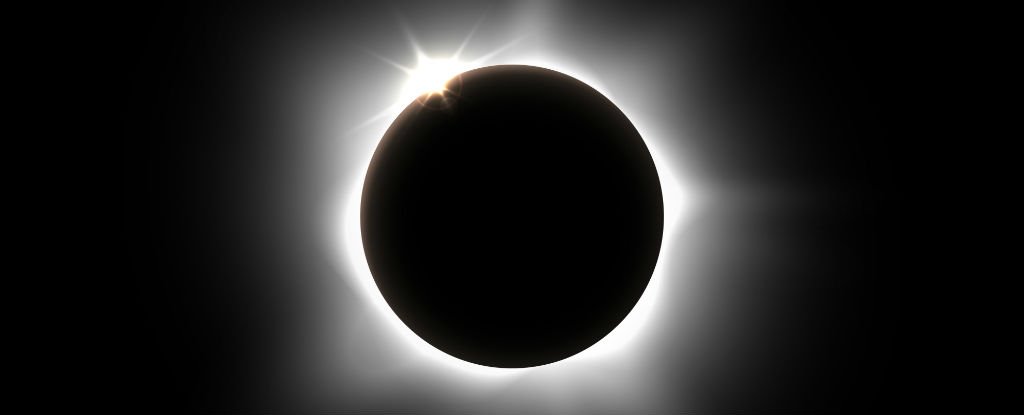Science is the all-encompassing authority of knowledge when it comes to explaining how everything got here, what it is and how it works. It's just a barely started encyclopedia is all, but everything we have learned about nature thus far falls under its umbrella. Its methods of developing understandings is what we all owe our thanks to for not still living in caves and dying out in our 20s.
No.
Science is a method. Plain and simple in the following steps:
1) Conjecturing a hypothesis
2) devising tests to disprove that hypothesis
3) running those tests to disprove,
4a) if it is disproven then revise hypothesis otherwise
4b) devise more tests to disprove hypothesis
5) repeat 4a and 4b until no one can come up with a new test.
Tests devised in steps 2 and 4 need to be concise, and repeatable to give consistent results.
That is science. It helps us find answers to questions. Truthfully, no answer found is ever free from being disproved with the scientific method.
Some scientists do things the wrong way though and have for a long time. The do things this way.
1) Devise a hypothesis you want as an answer
2) Devise tests to prove that hypothesis
3) If tests don't prove it or only partly prove it, then cherry pick the data and tests that prove it.
This crap has been going on for a very long time.
Science doesn't claim to know or prove anything. True science is about the discovery and quest; not the destination.
Now that isn't the same as observations. Observations of a phenomenon tends to be highly conflated with the scientific method and incorrect statements way too often.



